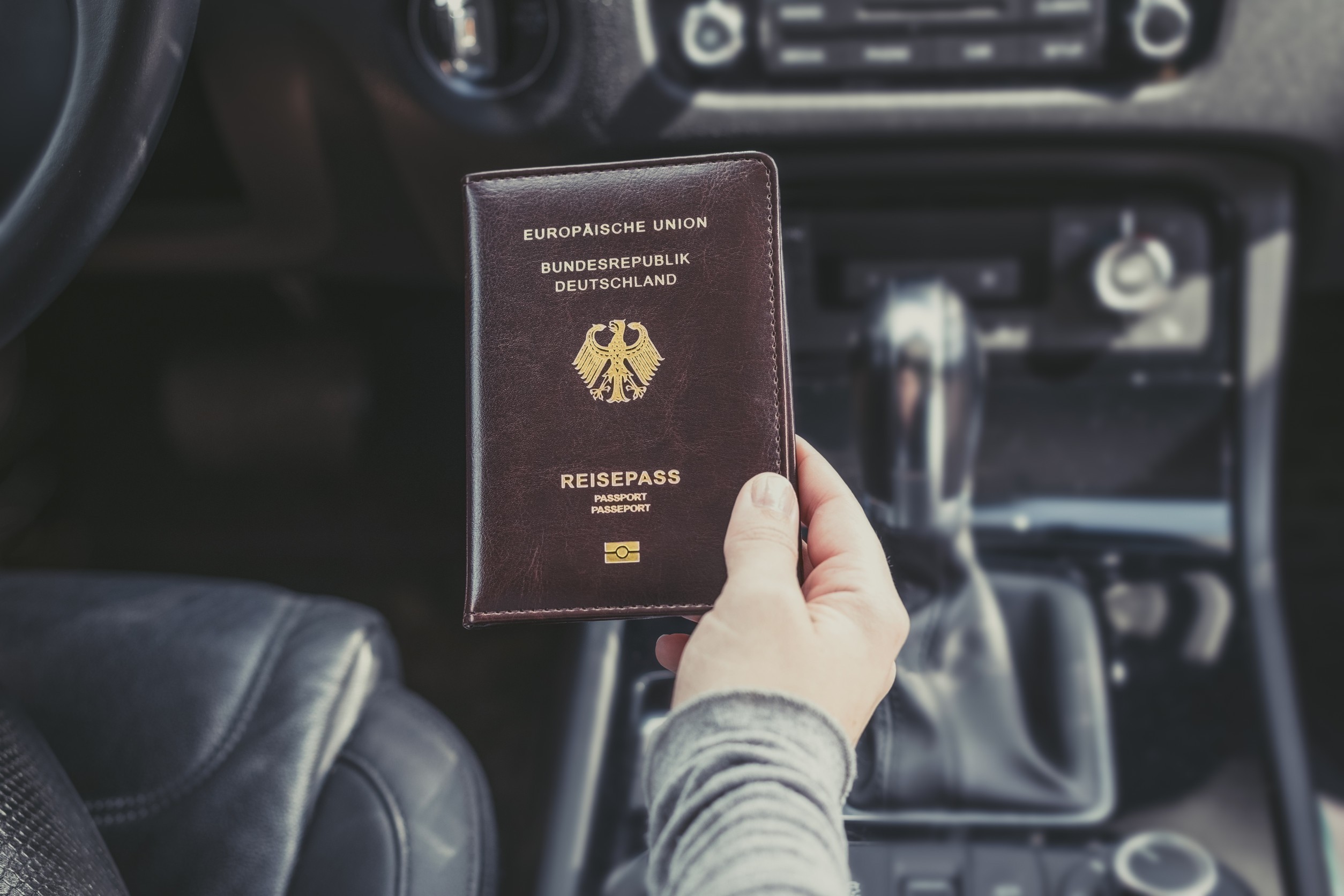South Africa eVisa for German Citizens
Note: South Africa may replace the current eVisa system with an eTA. Since the final decision and the list of eligible countries are still under review, German travellers are advised to check the South Africa eVisa portal regularly for the latest updates
With its rich cultural heritage, incredible wildlife across vast landscapes, modern cities, and breathtaking scenery, South Africa attracts thousands of German tourists, students, and business travelers each year. To enter South Africa, German citizens need to apply for South Africa eVisa online, a process designed to be fast and convenient.

In this guide, we cover everything German travelers need to know about applying for the South Africa eVisa—from eligibility and requirements to validity, processing time, and practical tips for a smooth application.
What is the South Africa eVisa for Germans?
The eVisa for South Africa is a travel document in electronic format that legally permits entry into the country. The South Africa eVisais electronically linked to the passport, although the traveller is encouraged to carry a printed copy while travelling
The eVisa is only for short-term stay purposes. Germans wishing to work, study or settle in South Africa for long periods must apply for the relevant visa through a South African embassy
Purposes Allowed with a South Africa eVisa
With the eVisa, German citizens can travel for purposes like:
- Tourism: For visiting tourist attractions such as Kruger National Park, Table Mountain, or beaches of Cape Town
- Business: For attending meetings or conferences or for short-term professional activities
- Spending time with family or friends in South Africa
- Study: Attending short-term study courses in South Africa
The Saudi Africa eVisa Types webpage includes all the information related to the allowed purposes
Validity of South African eVisa for Germans
- The eVisa is valid for 90 days from the date of issue into South Africa
- It allows a single-entry into the nation with total stay of 90 days
South Africa eVisa Requirements for German Citizens

When applying for a South African eVisa, German applicants are required to prepare the following documents:
- Valid German Passport: German passport with at least 6 month’s validity from the date of issue, with 2 blank pages
- Travel Details: Confirmed return or onward flight booking
- Proof of Funds: Bank statements showing the financial ability to cover the stay
- Purpose and Duration of Visit: A signed letter explaining the visiting purpose, date of travel and itinerary, accommodation details
- Yellow Fever Vaccination is required if you are travelling from a country where yellow fever is common
- Email Address: To receive an approval notice of the eVisa
- Payment Method: Applicants must have a valid payment method such a a credit/debit card to pay the fee
- More documents can be requested depending on the visit’s purpose
How to Get Your South Africa eVisa in 3 Steps from Germany?
You can get your South Africa eVisa simply with these 3 steps:
Submit the Application
Complete the South Africa eVisa Application form by providing travel, passport and personal information and uploading the required documents. Next, proceed by submitting the application form.
Pay the eVisa Fee
To move your application to the processing steps, paying the eVisa fee is crucial. The fee can be paid using a valid debit/credit card.
Get Your eVisa
Once the processing is completed, the approved South Africa eVisa will be delivered to your registered email id.
Processing Time for South Africa eVisa
Generally speaking, an eVisa takes about 30 -35 Working Days for approval for German citizens, if they choose standard processing. South Africa eVisa offers expedite processing also at an extra cost
South Africa eVisa Fees for German Citizens
Fees for the eVisa depend upon: processing speed, applicant’s nationality, selected purpose etc. Applicants can visitthe South Africa eVisa Fee webpage to use the fee tool before applying
Tracking Your eVisa Application
South Africa eVisa Status can be tracked using application reference number and passport number
Can Germans Extend Their eVisa in South Africa?
Yes, it may be possible to get an extension. To extend, submit extension applications to the South Africa Immigration Office before the expiry of their eVisa. Extension approvals cannot be presumed; the applicant have to justify your extension application.
What Happens If Germans overstay their eVisa?
Overstaying a South African eVisa is considered a serious offense, and it can bring the following consequences:
- Fines
- Detention
- Deportation
- Prohibition from entering South Africa again
To avoid all these possibilities, one must respect the expiration date of the eVisa, or alternatively, one can apply for an extension well in time.
Why Choose Us?
The application process can sometimes become stressful on its own, since there is a risk of mistakes and delays. Hence, our service has become the best choice for many German travellers:
Document Review
Our team of experts review your application and documents to minimise errors before submission.
24/7 Help
Our support team that speaks many languages is always available to assist via call, email, live chat.
Data Security
Your information remains secure via advanced levels of encryption.
High Success Rate
Due to our extensive experience, you will have a much higher chance of approval.
Frequently Asked Questions
No, the eVisa must be obtained in advance. Travellers arriving without one risk being denied boarding or entry
No, the eVisa allows travel to South Africa, but final entry approval is always at the discretion of border control officers
Yes, short-term medical visits are permitted, but travellers must provide relevant hospital or clinic appointment letters during the application
Yes, the eVisa system is mobile-friendly. However, uploading clear document scans may be easier on a desktop or laptop
No, the eVisa is valid only for the specified entry period. Travellers must reapply if their travel plans change beyond the visa’s validity
Content Disclaimer: While this information was last updated in September 2026, we strongly suggest confirming all travel details with the appropriate governmental agencies, embassies, and airlines.

